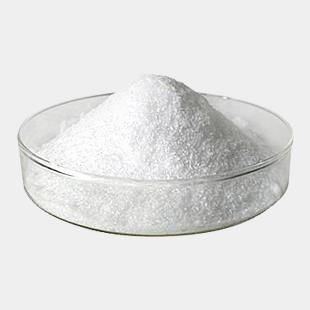The fertilizer and water management of cucumber in winter greenhouse is very important. If the fertilizer and water management is not proper, it will cause bad phenomena such as rotten root, loquat root, and leaf yellowing. To this end, water and fertilizer management should be put in place in production to promote increased production.
First, fertilize. 1. After soil testing, formula fertilize according to the soil nutrient status and the fertilizer requirement of cucumber growth to meet the cucumber growth needs. Judging from the current soil conditions in the greenhouse, the suitable fertilization rule for cucumber growth is organic fertilizer plus compound fertilizer plus micro fertilizer plus active beneficial bacterial fertilizer, and organic fertilizer and inorganic fertilizer must be combined. 2. Top dressing is mainly composed of multi-element compound fertilizer and organic fertilizer, combined with biological bacterial fertilizer, and a combination of bottom fertilizer and flush fertilizer. This can activate the soil layer, thereby increasing the area of ​​root extension and replenishing a large number of nutrients required by the plant. Do not increase the amount blindly. If too much fertilizer is used, it will cause burnt seedlings; if too much fertilizer is applied, it will easily cause rotten roots and loquat roots. As the shed ages, proper application of biological bacterial fertilizer is one of the feasible measures to improve the soil. Bio-fertilizer contains a variety of beneficial bacteria, which can activate the soil, increase low temperature, and regulate soil nutrition. Therefore, proper application of bio-fertilizer can promote root development and improve disease resistance of cucumber.
2. Watering. 1. Watering time: In winter, cucumbers should be watered in sunny mornings, because the water temperature is close to the ground temperature at this time, the ground temperature is easy to increase, and there is still enough time to dehumidify in the afternoon. Avoid watering in the evening and cloudy days as much as possible to avoid increasing air humidity and causing the occurrence and spread of vegetable diseases. 2. Watering amount: When the cucumber in the greenhouse is severely deficient in water in the winter, do not water it too much at one time, which will easily cause the root system to suffocate and suffocate. Water as little as possible, and at the same time, pay attention to drain as much as possible. If the humidity is too high, it will easily cause a variety of diseases such as downy mildew and bacterial spot. 3. Watering water temperature: It is best to choose groundwater for winter watering. The water temperature cannot be lower than 8 ℃. The ground temperature should be restored as soon as possible on the day of watering.
Disclaimer: Some articles on this website are transferred from the Internet. If third party legal rights are involved, please inform this website to deal with them. phone
Citric Acid is mainly used as flavoring agent, preservative and antistaling agent in food and beverage industry. Citric Acid also can be used as antioxidant, plasticizer, detergent in chemical, cosmetics and detergent industries. As a food additive, Citric Acid Anhydrous is an essential food ingredient in our food supply. As a leading Food Additives and food ingredients supplier in China, we can provide you with high quality Citric Acid Anhydrous.

Citric Acid,Citric Acid Anhydrous,Citric Acid Monohydrate,Food Additives Citric Acid
Shandong Tiancheng Chemical Co., Ltd. , https://www.tianchengchemical.com